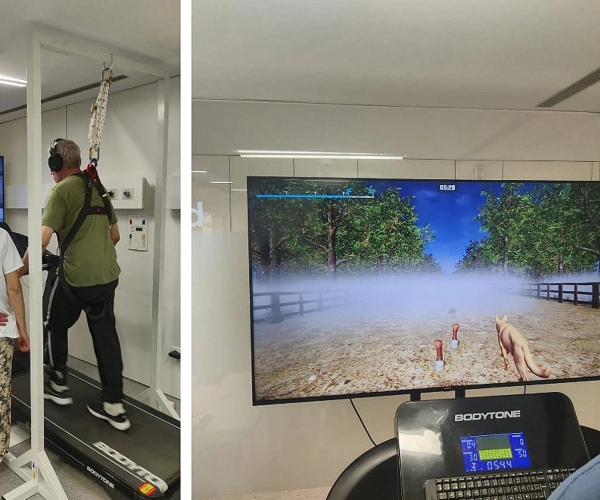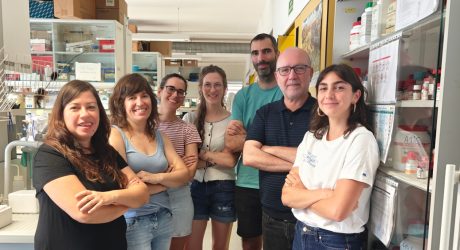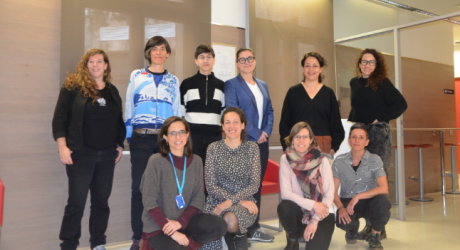Virtual reality training, an effective gait rehabilitation tool for people with Parkinson’s disease
According to a research led from Lleida based on the implementation of new technologies in health care
Gait training on a treadmill and the combination with virtual reality is an effective tool for gait rehabilitation for people diagnosed with Parkinson’s disease. This is one of the first conclusions of a research led from Lleida, by the research group Griegos of the Biomedical Research Institute of Lleida (IRBLleida) and the University of Lleida (UdL) – through the Department of Nursing and Physiotherapy and the Study Group Society, Health, Education and Culture of Cures (GESEC).
The research, which has been published in the Journal of NeuroEngineering and Rehabilitation, has had the collaboration of research staff from the Department of Nursing at the University of Turku in Finland and the Terres de Lleida Parkinson’s Association. The aim of this study is to develop and evaluate the feasibility of a gait rehabilitation programme in one based around gamified Virtual Reality for people with disabilities.
“The addition of gamification elements can create a more stimulating and adherent intervention. However, the implementation of new technologies in healthcare can be a challenge,” explained the first author of the article and researcher at IRBLleida and the University of Lleida, Pere Bosch Barceló. “The aim is to train those situations that are complex for people suffering from the disease, such as passing through a pedestrian crossing with many people to avoid, in order to train them,” said the researcher.
The four participants carried out a simulation in three different environments (the countryside, a city and a park), with increasing difficulty. “The participants showed a preference for a more natural environment and considered the different game elements as positive. Moreover, the increased difficulty worked as intended, even though in some cases the positivity of the experience was reduced,” Bosch said. This first phase of the study served to validate the technologies. Subsequently, the trial was initiated.
Parkinson’s disease is the second most common neurodegenerative disorder in the world and the fastest growing. It is mainly characterised by motor symptoms such as a highly variable, short-strided gait, as well as resting tremor, postural instability and rigidity. Research staff are assessing the symptoms of the disease, motor skills and cognitive abilities to determine the extent of the intervention of the participants in the trial, which started in 2022.
This research has been made possible thanks to funding from grant PI20/00403 of the Instituto de Salud Carlos III (ISCIII), co-financed by the European grant “A way to make Europe”/”Investing in your future”.
Reference article: Bosch-Barceló, P., Masbernat-Almenara, M., Martínez-Navarro, O. et al. A gamified virtual environment intervention for gait rehabilitation in Parkinson’s Disease: co-creation and feasibility study. J NeuroEngineering Rehabil 21, 107 (2024). https://doi.org/10.1186/s12984-024-01399-6.




